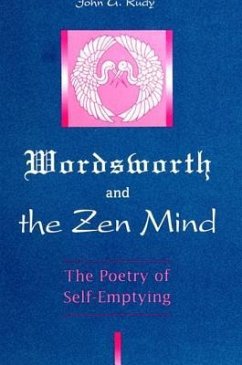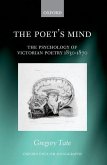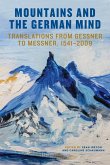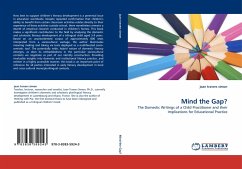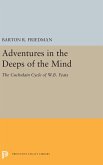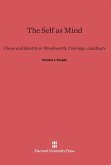This book demonstrates that Zen thought and art provide both a generative and a formative context for understanding the spirituality of the English poet William Wordsworth (1770--1850). Combining methods of modern literary scholarship with the philosophical initiatives of the Kyoto School, the text crosses disciplines as well as cultures, offering a nonmonotheistic, nonpantheistic philosophical ground upon which to study what Wordsworth calls the "tranquil soul" and "the one Presence" that underlies "the great whole of life." Anticipating a variety of audiences, the discourse progresses from general, introductory level discussions of Zen philosophy and literature to the more technical philosophical idiom of the Kyoto School, employing intertextual readings of a variety of Wordsworthian and Zen documents to broaden and deepen the East-West dialogue as it has been unfolding since the pioneering work of D. T. Suzuki and Kitaro Nishida. An important aspect of this study is its twofold purpose: to situate Wordsworth more centrally in the evolving global community of intercultural and interreligious communication and to demonstrate the unique flexibility and universality of Zen as a medium of spiritual growth and aesthetic understanding.
Hinweis: Dieser Artikel kann nur an eine deutsche Lieferadresse ausgeliefert werden.
Hinweis: Dieser Artikel kann nur an eine deutsche Lieferadresse ausgeliefert werden.

